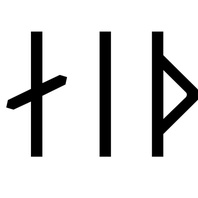
Viking Names
Hreidar
The Old Norse male personal name Hreiðarr is very common in Norway but relatively uncommon elsewhere in the Viking world. It can be found as the first element in the place-name Rearsby, Leicestershire. It also features as the name of the main character in the short tale of Hreiðarr the Foolish.
Read More
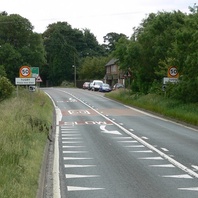
Viking Names
Tugby
Tugby, in the East Goscote Hundred of Leicestershire, is a Scandinavian compound from the Old Norse male personal name Tóki and Old Norse by ‘a farmstead, a village’. In the Domesday Book, a Tochi is recorded as holding Tugby as part of a larger estate. It is now a joint parish with Keythorpe.
Read More
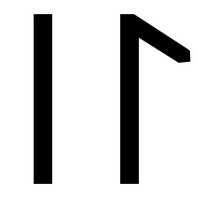
Viking Names
Spillir
Spillir is a relatively rare male name which is found as the first element in the place-name Spilsby, Lincolnshire. The name possibly derives from the Old Norse word spillir ‘spoiler, breaker’.
Read More
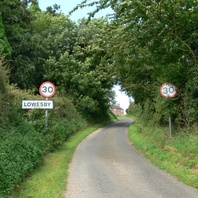
Viking Names
Lowesby
Lowesby, in the East Goscote Hundred of Leicestershire, is a difficult name. The first element possibly comes from the Old Norse male byname Lauss/Lausi ‘loose-living’. Alternatively it has been suggested that the first element could be derived from the postulated Old Norse element lausa ‘a slope’ which is found in Scandinavian place-names in the forms -lösa/-löse; however, this element was no longer used for place-naming by the time of Scandinavian settlement in England. The second element is Old Norse by ‘a farmstead, a village’.
Read More
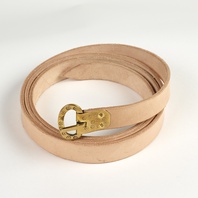
Viking Objects
Reproduction Belt
A vegetable-tanned leather belt with a decorated copper alloy belt buckle. The buckle has a ring and dot pattern and is based on one found in Grave 511 at Repton, Derbyshire.
Read More
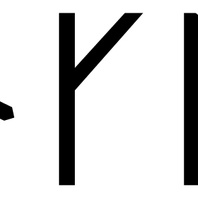
Viking Names
Langlif
In Scandinavia, the female name Langlíf is first recorded from the middle of the twelfth century. It is suggested that it occurs in scattered (and often late-recorded) place-names in England, in North Yorkshire and in Cumberland. Its occurrence in a minor name Leevingrey Furlong in Flintham, Bingham Wapentake, Nottinghamshire, has been disputed. The name also occurs in twelfth- and thirteenth-century documents from Norfolk. The name means ‘long life’ and may originally have been a by-name.
Read More
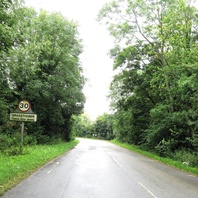
Viking Names
Grassthorpe
Grassthorpe in the Thurgarton Wapentake of Nottinghamshire is an Old Norse compound from gres ‘grass’ (which could also be Old English) and þorp ‘a secondary settlement, a dependent outlying farmstead or hamlet’.
Read More
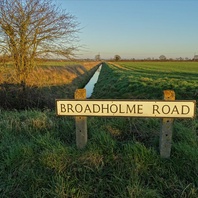
Viking Names
Broadholme
Broadholme, in the West Lindsey district of Lincolnshire, comes from the Old Norse male personal name Broddi and the Old Norse element holmr ‘an island, an inland promontory, raised ground in marsh, a river-meadow’. Hence, ‘Broddi’s island’. Historically, the parish belonged to Newark Wapentake, Nottinghamshire, but was transferred to West Lindsey in 1986 by the Local Government Boundary Commission.
Read More
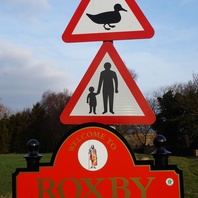
Viking Names
Roxby
Roxby, in the West Riding of Lindsey in Lincolnshire, comes from the Old Norse male name Hrókr and the Old Norse element by ‘farmstead, a village’. Roxby is a joint parish with Risby.
Read More

Viking Names
Kirkby Green
Kirkby Green, in the Langoe Wapentake of Lincolnshire, comes from the Old Norse appellative compound kirkju-by ‘a village with a church’. The affix Green come from Old English grene ‘grassy spot, a village green’
Read More
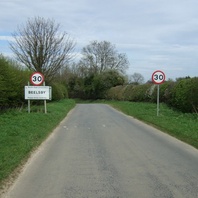
Viking Names
Beelsby
Beelsby, in the Haverstoe Wapentake of Lincolnshire, perhaps comes from the rare Old Norse male personal name Beli and the Old Norse element bý ‘a farmstead, a village’.
